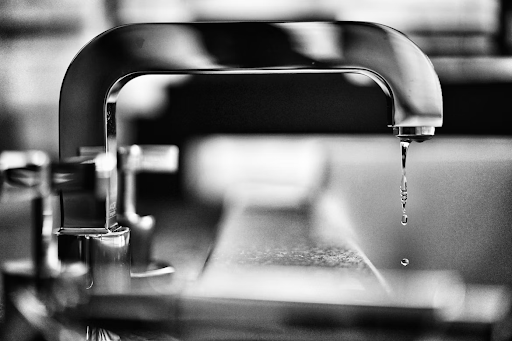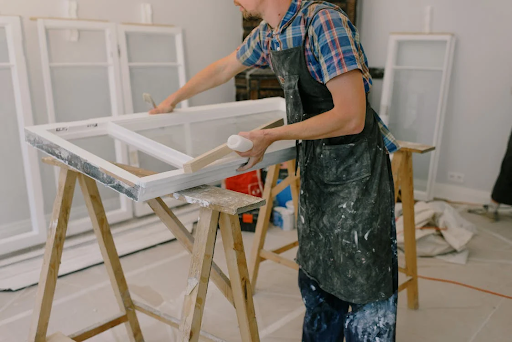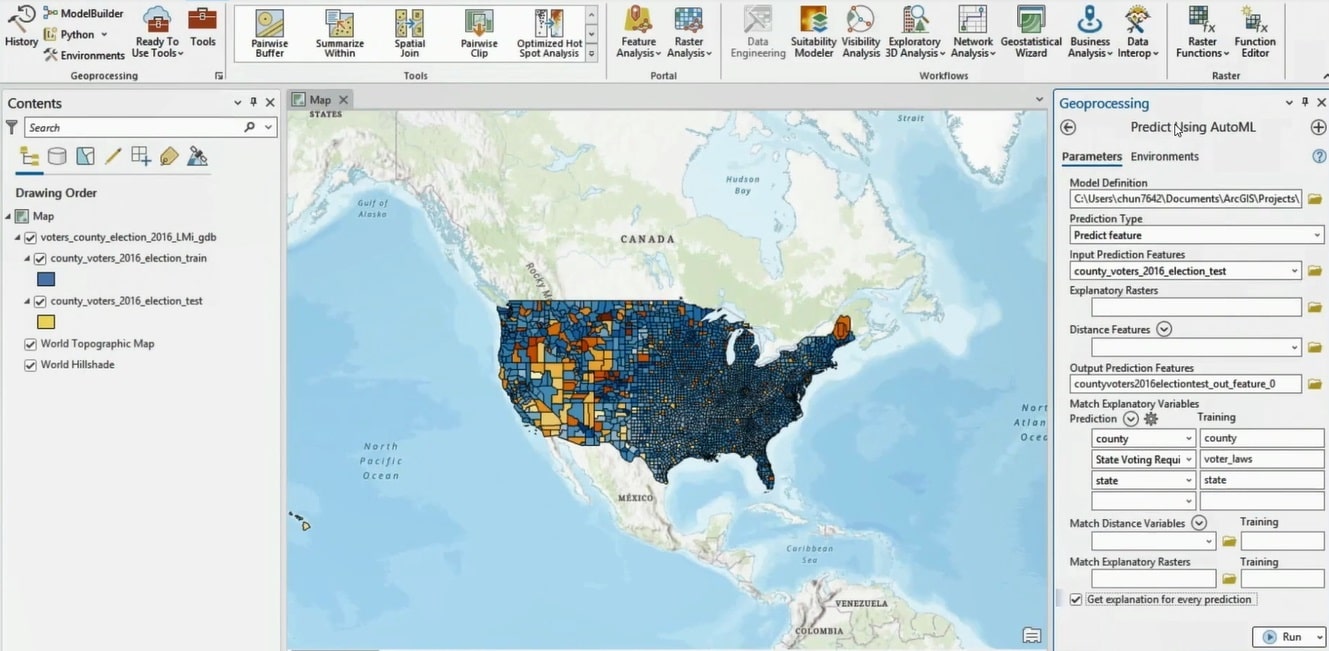Leaks can be a major disruption in any household, resulting in unexpected costs and potential issues that can cause serious damage to the home in the long run. It is essential for people to take preventative measures to ensure that they are able to detect and stop data leaks before they become a serious problem.
In this article, we will discuss the best tips to prevent water leakage from ever happening again. We will look at steps such as inspecting the area for potential weak points, making sure that pipes are in good condition, and inspecting the plumbing for any signs of a leak.
Table of Contents
Preventing Water Leaks – Tips To Help You Do It Right
When it comes to our homes, it is always better to have precautions about a potential issue than to deal with it when times are dire. In fact, most homes are designed with safety and security in mind.
Now, from using FFKM O-rings to seal water leaks and prevent potentially hazardous chemicals to leak, to ensuring that windows and doors are sealed properly, there are many precautions you can take in order to make sure that your home is safe from any future water leaks.
Because water leaks are not only inconvenient, but they can also cause costly damage to your home, as a homeowner, it is important that you make sure to take all the necessary steps to prevent leaks from occurring.
Inspect Plumbing For Visible Signs of Leaks
One of the best tips for preventing water leakage includes thoroughly inspecting your pipes and plumbing fixtures for any visible signs of a leak or damage.
This can include looking for discoloration on the walls, ceilings, or floors, as well as looking for any damp spots on the walls or floor.
If you notice any of these signs in your home it is highly likely that there is a leak somewhere and it should be addressed immediately before it gets worse. Also, inspect your pipe joints and connections for any corrosion or rusting which can indicate a possible leak.
Check for Weak Points
Another helpful tip to prevent water leakage is to inspect the area for any weak points which may be prone to leaks.
This could include areas such as around windows, doors, and even cracks or crevices in walls or floors. If you notice any of these weak points it is important to inspect them further to determine whether or not a leak is occurring. It is also important to check the area around your water heater, as it can be vulnerable to leaks since it is constantly in contact with water.
Install FFKM O-rings To Seal Water and Potentially Hazardous Chemicals From Leaking
FFKM O-rings are designed specifically for use in high-temperature, highly corrosive environments which often occur within plumbing systems.
They are very resistant to heat, pressure, and chemical attacks, making them ideal for sealing water lines and preventing leaks and potentially hazardous chemicals from leaking. Installing these FFKM O-rings is not a difficult task. However, it should be done by a professional to ensure they are installed correctly and securely to prevent any future leaks.
Regularly Check Pipes
It is essential that you regularly check your pipes for any signs of damage or wear and tear. This includes checking for any kinks, cracks, or breaks in the pipes which could be potential weak points that may lead to a leak.
In addition, inspecting the valves on your water lines is also important as they are critical components of any plumbing system and are used to control the flow of water throughout the house. Wear and tear of the pipes is often caused by excessive pressure, and this can cause a leak in your home.
Be Alert for Any Changes In Water Pressure
This can indicate a leak somewhere in your plumbing system and should be inspected further to determine if there is an issue that needs to be addressed. If you notice a sudden drop or increase in water pressure, this could possibly be a sign of a leak somewhere in your system and should be addressed immediately.
In most cases, a leak can be fixed relatively easily, although depending on the severity of the issue and where it is located, more complicated repairs may need to be made. While water pressure might fluctuate periodically, if you notice a consistent decrease or increase in pressure, it could be an indication of a potential leak and should be checked.
Ensure Windows and Doors Are Sealed Properly
This can include looking for any gaps, cracks, or crevices around the edges which may allow water to enter and cause a leak. If you find any of these issues it is best to have them sealed up immediately to prevent any potential damage from occurring.
Properly sealed windows and doors can drastically reduce the chances of a water leak in your home. Furthermore, it is also important to check your roof for any cracks or holes, as these can also be potential weak points that may lead to a leak.
Check The Area Around Your Water Heater Regularly
Your water heater should be inspected regularly to ensure it is functioning properly and that no leaks are occurring. In addition, you should also check the area around it for any visible signs of water damage or leakage.
If you notice that there is a buildup of water near the water heater, this could be an indication of a potential leak and should be addressed immediately. Moreover, it is important to check any exposed pipes connected to the water heater for signs of damage or wear and tear, as these may be potential weak points that can lead to a leak.
These are some of the best tips to prevent water leaks from ever happening again in your home. Taking these simple steps can help you avoid any costly repairs and ensure that your plumbing system functions optimally for years to come.
Regularly checking pipes, monitoring water pressure, installing O-rings, sealing windows and doors, and inspecting areas around water heaters are essential steps that should be taken to prevent any future leaks. Keeping a regular maintenance schedule and following these tips can help you save money, time, and effort in the long run by preventing any potential water damage or costly repairs.






